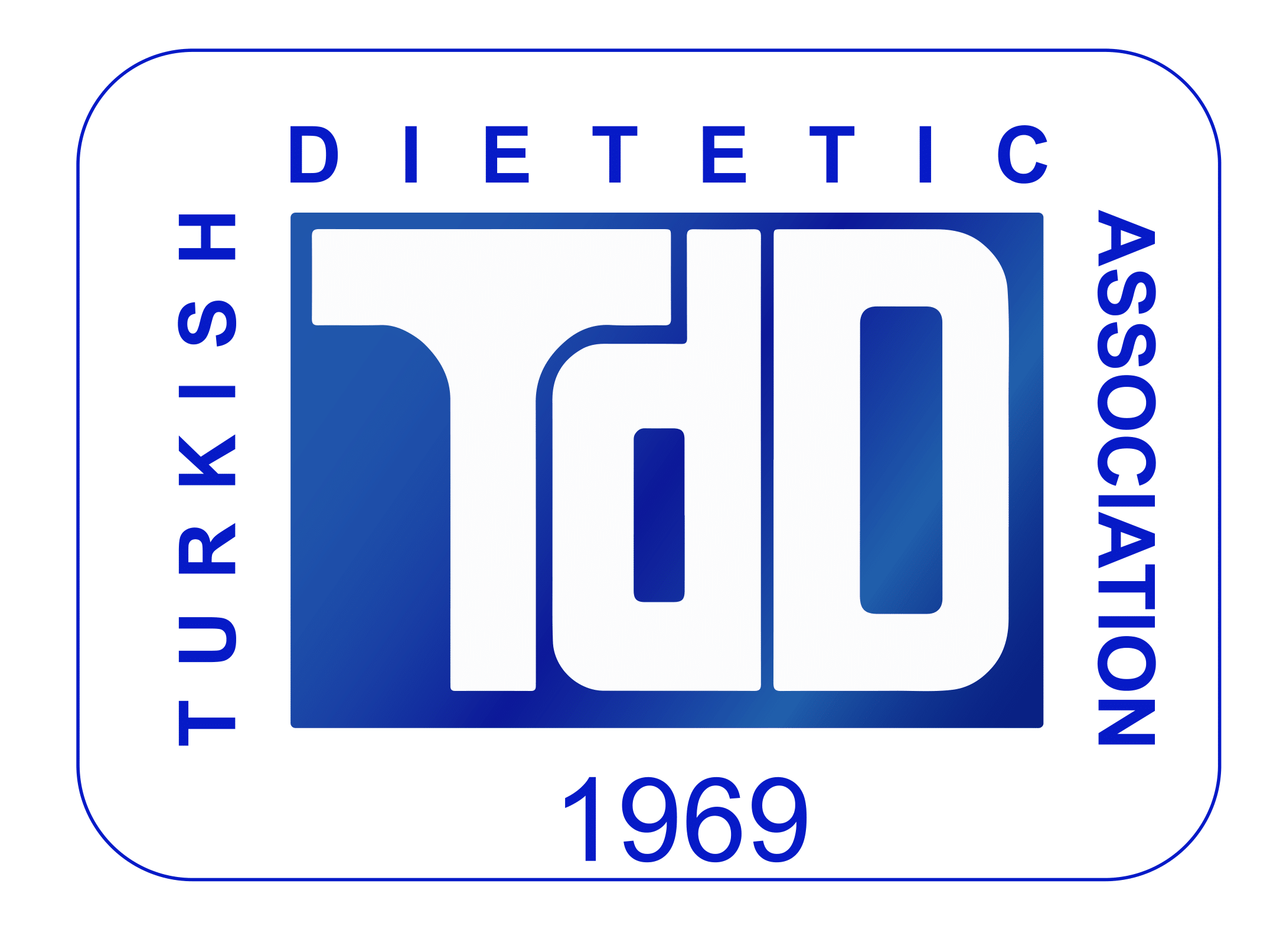Is Dietary Quality Affected by Psychological Parameters in University Students?
Keywords:
University students, Healty Eating Index (HEI), self-esteem, perceive stressAbstract
Aim: The aim of this study was to evaluate the relationship between diet quality, perceived stress and other psychological parameters in university students. Subjects and Methods: The sample of the study consisted of 500 volunteered female university students in Ankara. The average age of students was 21.3±1.90 years (17-29 years). Participants were haphazardly selected and interviewed face to face for the questionnaire including general information, healthy eating habits, Cohen’s Perceived Stress Scale and Rosenberg Self-Esteem Scale. Diet quality was evaluated by Healthy Eating Index (HEI-2005) which was calculated through 24h dietary recall and food frequency questionnaire with 45 food items. Results: HEI-2005 score did not exhibit significant outcomes with respect to age, education period and department of the students (for instance departments that are related with health or not) (p>0.05). However, HEI-2005 score was significantly influenced by residential place (p<0.05). The level of education and residential place are significantly affected Rosenberg Self-Esteem Scale scores (p<0.05). None of the general characteristics showed a significant effect on Cohen’s Perceived Stress Scale (p>0.05). Diet quality of 17.6% of the participants was ‘poor’, 76.6% of them ‘needs improvement’ and 5.8% of them was ‘good’. The median values of HEI-2005 scores that were ‘poor’, ‘needs improvement’ and ‘good’ were 45.0, 65.0 and 84.0, respectively. There was a weak positive correlation between HEI-2005 scores and Rosenberg Self-Esteem Scale (r=0.139, p=0.002) whereas there was no relation between HEI-2005 scores and Cohen’s Perceived Stress Scale. The participants whose dietary quality was ‘good’ had lower level of stress and higher Rosenberg Self-Esteem scores. However, these differences was not statistically different (p>0.05). Conclusion: Diet quality may be influenced by self-esteem and perceived stress in university students. Programmes on increasing awareness of healthy nutrition, encouraging self-esteem and educating students on stress perception should be developed and implemented.

